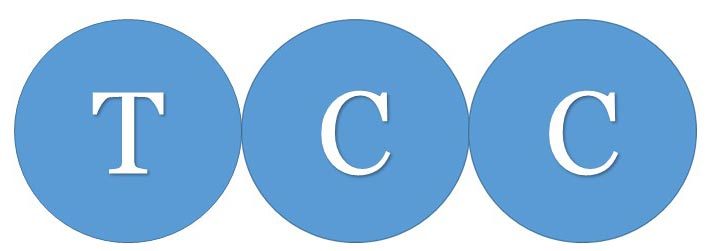GET TO KNOW YOUR POTENTIAL EMPLOYER
by
Dr Terry Galvin

“A great candidate! He knows so much about our company!” exclaimed a senior manager after interviewing an applicant I had shortlisted for a pivotal role within the business. While music to my ears, this comment also highlighted a critical but often forgotten necessity for job seeking success. To enhance your chances of securing a job offer, it is absolutely vital that you include detailed employer research within your interview preparation activities. Yes, I know it sounds obvious but my recent interactions with a host of candidates from a variety of disciplines have led to the conclusion that this essential is being overlooked far too frequently.
So why is employer research so important? For a start, an initial icebreaker often used by recruiters is a question along the lines of, “So what do you know about us?”. For the well-prepared applicant, this presents a golden opportunity to demonstrate just how much the appointment means to you by the extent of your prior preparation to ensure total familiarity with the organisation. For less prepared candidates, this relatively innocent question could result in a fairly disastrous start to the session.
Recently, I interviewed several sales professionals. It was quite amazing to discover that more than half had little more than a very rudimentary understanding of the business. Assuming a genuine motivation to work with the company, these interviews were arguably the most important “sales calls” the individuals would be currently undertaking. So is this the sort of approach we could expect if these candidates were taken on and tasked with growing markets and increasing revenue by developing strong relationships with prospective customers? It did not augur well!
Recruiters are invariably better predisposed towards applicants who appear genuinely interested and enthusiastic about a career opportunity. These are surely the individuals who will, in turn, identify more closely with corporate values, vision and mission as well as contribute more and be better committed to longer term employment. Demonstrating a good knowledge of the recruiter’s business is highly likely to nurture the right impression and give reassurance that you would make an excellent ambassador for the employer. In addition, your detailed and specific knowledge is likely to indicate a motivation to secure the particular role in question as opposed to any job that comes along.
An obvious absence of prior corporate research, while suggesting a lack of genuine interest in the employment opportunity, could also lead a recruiter to conclude that the candidate has certain undesirable personality traits such as being lazy, unprepared, a poor time manager, an incapable planner as well as someone who is potentially prepared to commit themselves and their futures to something surrounded by uncertainty.
Prior employer research will also offer you, as a candidate, additional advantages. Doing your homework will enable you to ask questions critical to your employment decision e.g. “Why has 50% of the company’s staff resigned within the last six months?”. You should never forget that recruitment is a two-way process. As a job applicant, it is essential to select the right employer likely to guarantee the future career you are seeking. So you need as much information as possible to facilitate what is always a crucial decision. Having an intimate knowledge of your potential future employer and the problems it is facing will also enable you to tailor your interview behavior and responses to secure maximum advantage.
So why do so many of us fail to do the necessary level of corporate research? One of the obvious answers and, indeed, a response often heard at interview, is that there was simply insufficient time to attend to this element of interview preparation. Yes, we all have full lives but if the career opportunity is sufficiently important to us to set aside time to go to interview, we must also find a way to change priorities in order to prepare properly.
During a career counselling activity I conducted several years ago, I became very conscious of another contributory factor. The client before me was a dedicated job seeker who had no apparent trouble in securing job interviews for which he would prepare diligently. However, he had failed repeatedly to attract a job offer. In discussing the nature of his detailed preparatory activities, it soon became obvious that these endeavours focused entirely upon himself!
He was able to recount his career history in a succinct and convincing manner and had no shortage of behavioural examples to demonstrate unquestionable capability within every relevant competency. However, he had never gathered detailed knowledge about his possible future employers as he was convinced that what he could bring to the employment relationship was of prime importance.
With another interview scheduled in a few days’ time, he was counselled to devote attention to conducting extensive corporate research. In turn, he was coached to then demonstrate his obvious interest in the company whenever an opportunity presented itself as well as through the nature of the questions he would pose during the interview. To this gentleman’s amazement, his revised technique prompted a job offer which became a solid foundation for what has since become a highly successful career.
There is no excuse for lack of corporate research these days. It is most unusual for any company not to have its own website which is a useful first port of call. Wider Internet searches will invariably produce a richer picture regarding the target employer. Nevertheless, always check the data you are collecting because not all on the Internet is right up to date. Through your LinkedIn network, you might also find it really easy to reach out to an existing employee prepared to provide a status update as well as other information of use in preparing.
Without doubt, the more employer research in which you engage, the more you will improve your chances of being hired.
© 2019 Dr Terry Galvin
